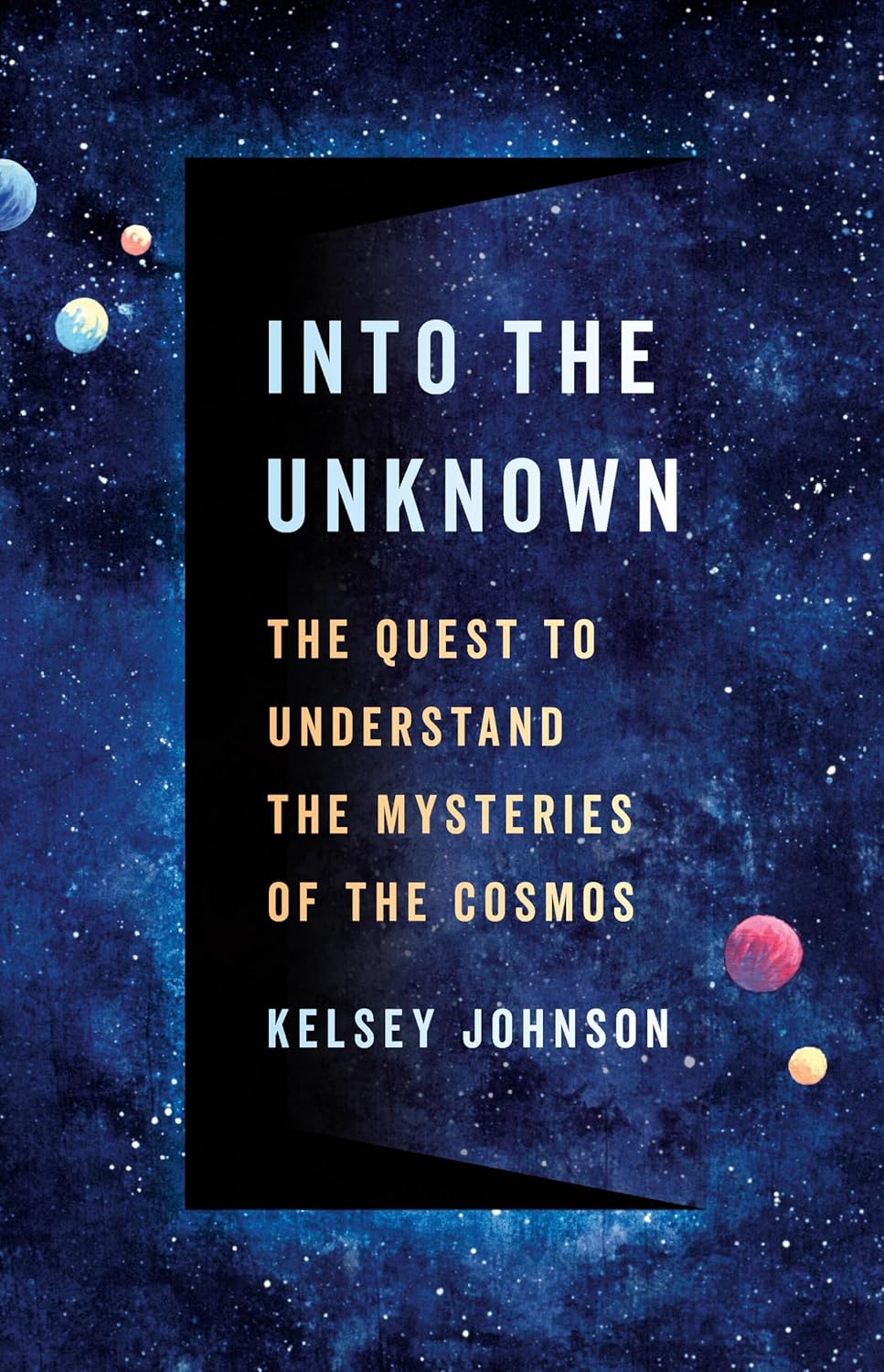 Into The Unknown (starts at 9:05) What do we know about the universe, and how do we know we know it? Conversely, what do we know we don’t know, what don’t we know that we don’t know, and why not?
Into The Unknown (starts at 9:05) What do we know about the universe, and how do we know we know it? Conversely, what do we know we don’t know, what don’t we know that we don’t know, and why not?
To help us unravel these age-old philosophical questions in the context of current science, our guest is Dr. Kelsey Johnson, who received her PhD in astrophysics from the University of Colorado. Dr. Johnson is a Professor in the Department of Astronomy at the University of Virginia, and the former president of the American Astronomical Society. She is the founder of the Dark Skies, Bright Kids program, and wrote the children’s book Constellations for Kids. Her most recent book is Into The Unknown: The Quest to Understand the Mysteries of the Cosmos. In this episode, Dr. Johnson takes us into that unknown, and talks about what we know, what we might know, and what we might never know.
Part 1 of this interview is available here.
We begin this show with some pre-Halloween spooky science news.
Host: Joel Parker
Show Producer/Engineer: Joel Parker
Executive Producer: Susan Moran
Additional contributions:Benita Lee, Jack Armstrong, Shelley Schlender
Listen to the show:
Podcast: Play in new window | Download (Duration: 26:45 — 36.7MB)
Subscribe: RSS



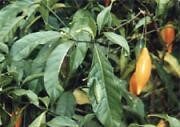
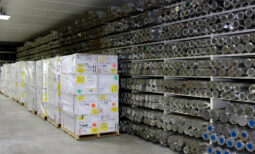
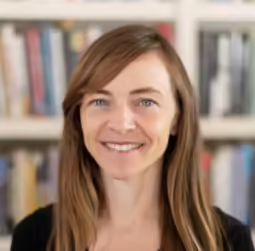
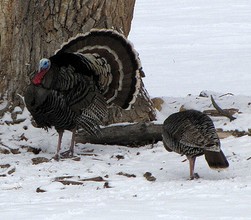
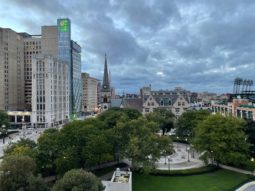
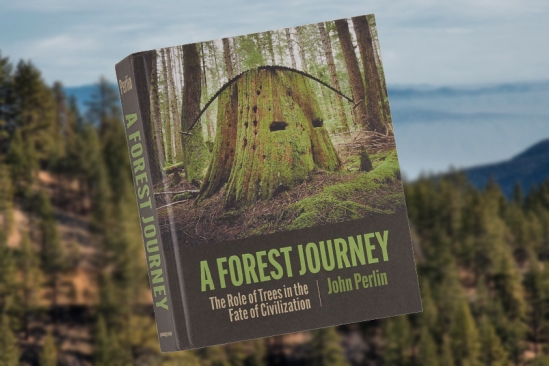
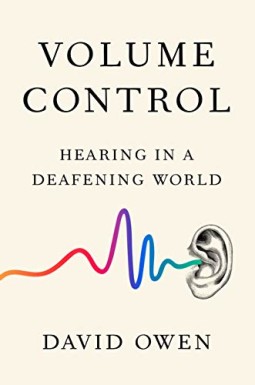 Starting this week, the FDA has approved the
Starting this week, the FDA has approved the 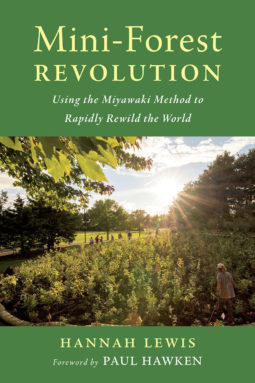 In this week’s How on Earth, we look at 3 aspects of climate change: its role in disease incidence and transmission; some effects of the new climate change legislation; and how ‘micro-forests’ can mitigate temperature and water loss. The latter comes from an interview with author Hannah Lewis and her book
In this week’s How on Earth, we look at 3 aspects of climate change: its role in disease incidence and transmission; some effects of the new climate change legislation; and how ‘micro-forests’ can mitigate temperature and water loss. The latter comes from an interview with author Hannah Lewis and her book 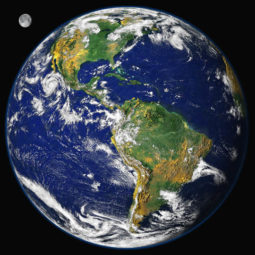
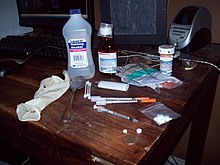 This week on How On Earth, we welcome Benita Lee who brought up the growing problem with fentanyl – a new street drug that’s killing many. Benita talks with DEA agent David Olesky about the scope of the problem and what the agency is doing to combat it. Beth talks with pharmacologist and policy maker Robert Valuck about how the drug affects the brain, causes death, and the protective effect of the blocking drug naloxone.
This week on How On Earth, we welcome Benita Lee who brought up the growing problem with fentanyl – a new street drug that’s killing many. Benita talks with DEA agent David Olesky about the scope of the problem and what the agency is doing to combat it. Beth talks with pharmacologist and policy maker Robert Valuck about how the drug affects the brain, causes death, and the protective effect of the blocking drug naloxone.